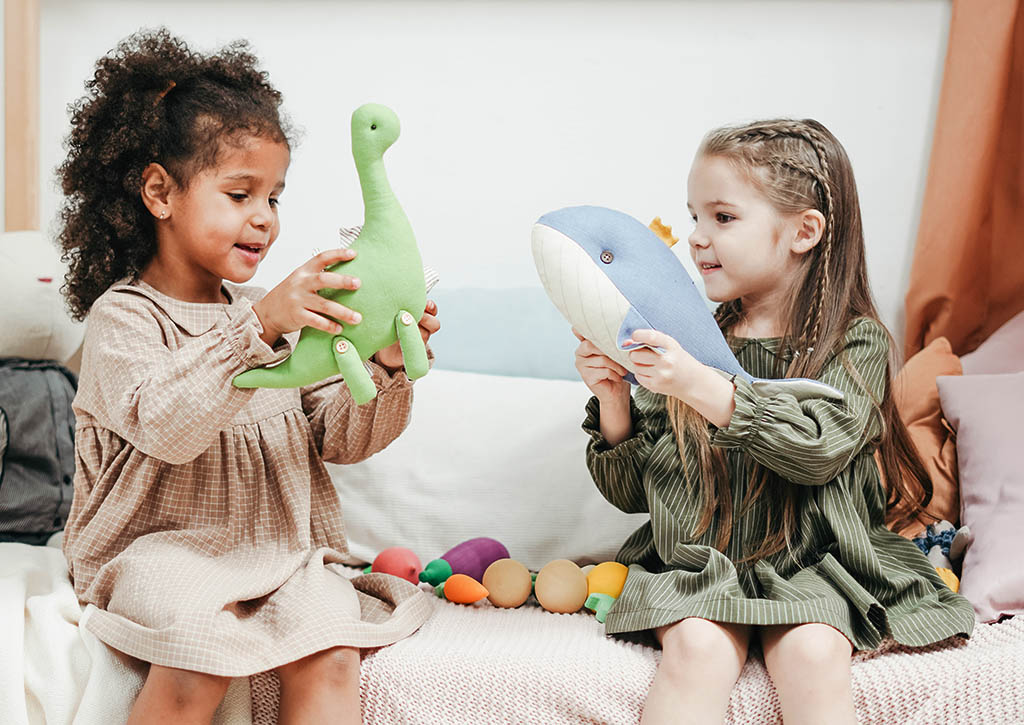What is free play? Simply put it is play without any rules.
Many of our children spend more time than ever in organised activities. While this can give them the chance to experience and learn new skills, being too busy can have an impact on both their mental and physical wellbeing.
Play needs to give opportunities for children to take ownership of their play, to be free to choose what they do and not just be controlled by adults. They need to explore their creative ideas, practice decision-making skills, make connections, repeat experiences and discover new interests. Children need to be given the time and space to be a child as that’s where the learning and magic can happen as their curiosity about the world around them develops. Like many things in life, it’s all about how we find the balance – in this case, between structured and unstructured play activities.
Let’s take a moment to reflect on our children’s play and ask ourselves:
- Do we always value our children’s play, or are we tempted to interfere thinking that as adults we could come up with something ‘better’ and more productive?
- Do we see the worth in the process of play rather than the product?
The developmental psychologist David Elkind has, through his research, shown that imaginative and unstructured play can actually help with the formation of healthy mental and social development skills. However, in many cases, there’s just no space for this spontaneous play as parents and carers fill their children’s days worrying that if they don’t somehow their children will be ‘left behind’ in the race for future success. Of course, it’s about balance: finding what a little one is interested in and making appropriate opportunities available to them, but still giving them choice and a sense of control.
Sometimes as adults we need to rediscover the awe and wonder for the world around us and take a moment to notice the small stuff, giving children the chance to find the joy in the everyday and letting them oversee their own play. Children are good at this, for them each day is a world of new play opportunities, and we can learn from them.
Next time when they stop to inspect a leaf or pebble, take the time to stop with them, see what they see, talk about it together and encourage their play. Suddenly the world is little bit more calm and still.
Ideas for free play:
- Drawing, colouring or junk modelling
- Dressing up in costumes or clothes such as your own hats, scarves, shoes
- Fort building – grab a few blankets or sheets and string them across furniture
- Messy play, finger painting, dough, sticking
- Playing with a box of soft toys or animals – what are they doing? what are the doing?
- Playing with building blocks
- Playing outside, running, jumping, swinging
- Reading and making up stories
- Playing in a box of safe kitchen pots and pans and utensils
- Exploring nature, weather and mini-beasts
- Hide and seek
Could you find some free play opportunities today?



